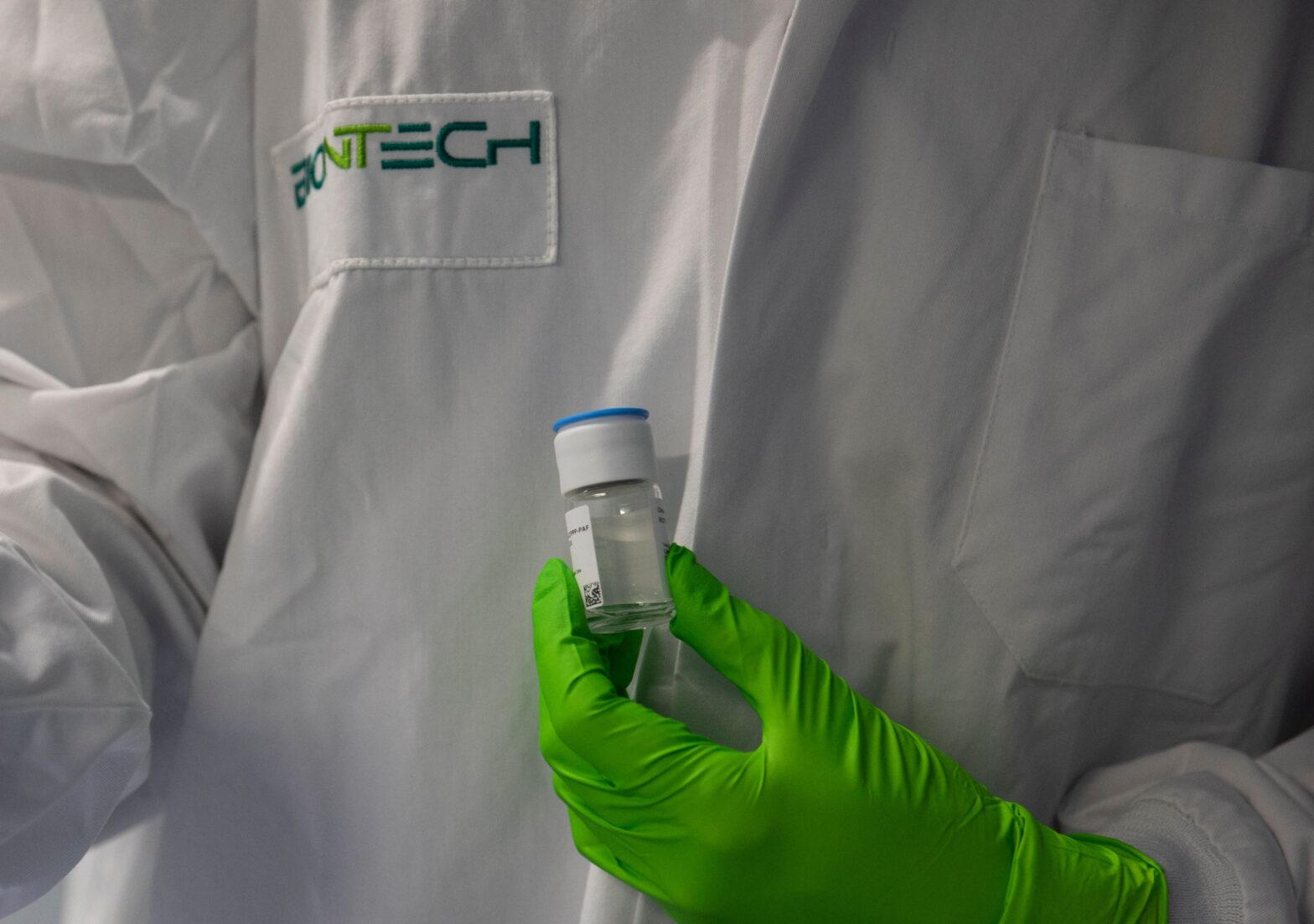8 June 2004 The computerisation of the National Health Service is set to become a model for governments across the world to follow, according to suppliers and managers involved in the project.
Speaking at the Gartner Group’s Integration and web services conference in Amsterdam this week, Richard Granger, the director of the NHS IT modernisation programme, said that the success of the National Programme for IT (NPfIT) had attracted interest from across Europe and North America.
Already, he said, suppliers involved in the massive £6 billion project — one of the largest in the history of IT — were out there marketing their expertise. Meanwhile, he said, groups of people from other countries had visited the NHS to see for themselves what is going on. This included a group from Canada, who were interested in how such a project could be cost-justified.
Although the first implementation milestone of the project will only be reached this Summer, this stage has been reached in less time than any major project in the past, and is both on budget and time — so far. Scepticism about the project, although still rife, is fading away.
Granger expects that the NHS model of making all health records available online on a national basis will be widely followed, even in countries such as the US where healthcare is fragmented. “In the US, there is a dawning realisation that they will have to have data about patients moving between systems.”
Granger pointed to a US statistic that inefficiencies in administration are not expensive, but actually cause illness and death: the equivalent of a Boeing 747 full of people are killed each day in US hospitals, merely as a result of the data not being in the system, he claimed.
Suppliers involved in the project concur that there is now strong interest coming from other countries. One supplier said its ability to come through the rigorous NHS procurement process had given it great credibility and that it is now involved in preliminary talks with health authorities in other countries.
The NHS believes that, by the end of the project, is will have created more than a billion pounds of intellectual property, some of which could come back to the NHS if suppliers market the software.






